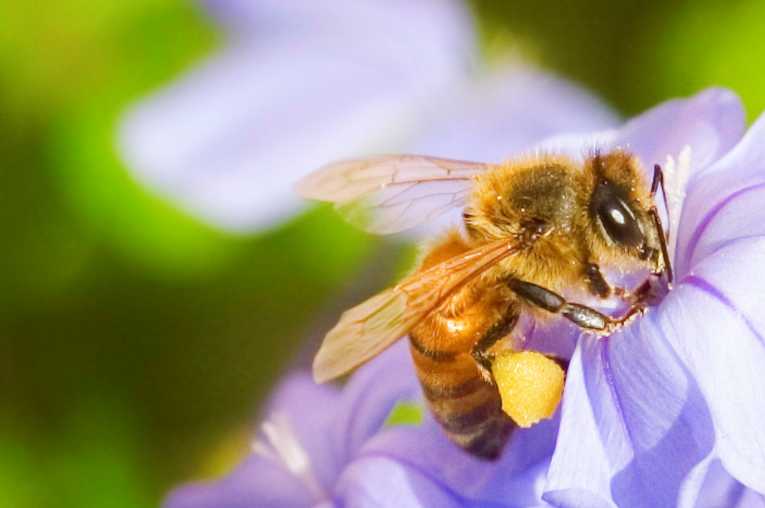The Co-operative has launched the Pan Bee project to create a series of 'Bee Roads' across the UK to act as main routes for pollinators including bees.
As part of its £750,000 Plan Bee campaign, The Co-operative will help identify and convert corridors of land to create and secure habitats for pollinators, starting in Yorkshire.
It hopes that by encouraging and supporting landowners to create wildflower meadows, the Plan Bee Roads will promote species such as Lesser Knapweed, Field Scabious, Birdsfoot Trefoil and Red Clover, which are increasingly rare in the British countryside. The wildflowers offer a habitat for a host of pollinators such as honey bees, hoverflies, butterflies and moths to find the nectar and pollen they need.
Co-operative is working with partner Buglife to create the first Bee Roads in Yorkshire, where farmers and other landowners will sow wildflowers in long rows that will eventually stretch north to south and east to west across the county.
By demonstrating the benefits of reinstating five hectares of lost wildflower meadows in Yorkshire, it is hoped the-£60,000 pilot project will be emulated in other counties across the country.
Paul Monaghan, Head of Social Goals at The Co-operative, said: ''The UK has lost an alarming 97 per cent of its wildflower meadows since the 1930s and this has had a major impact on pollinator numbers. The number of honeybees in the UK has halved in the last 25 years, and three quarters of butterfly species and two thirds of moths have seen population declines since the 1970's. Given that honeybees alone pollinate a third of the food we eat, a further decline in their numbers could have a devastating impact on our diets in the long run. By setting up these 'Bee Roads' we hope to make life easier for all pollinators and reverse their alarming decline.''










